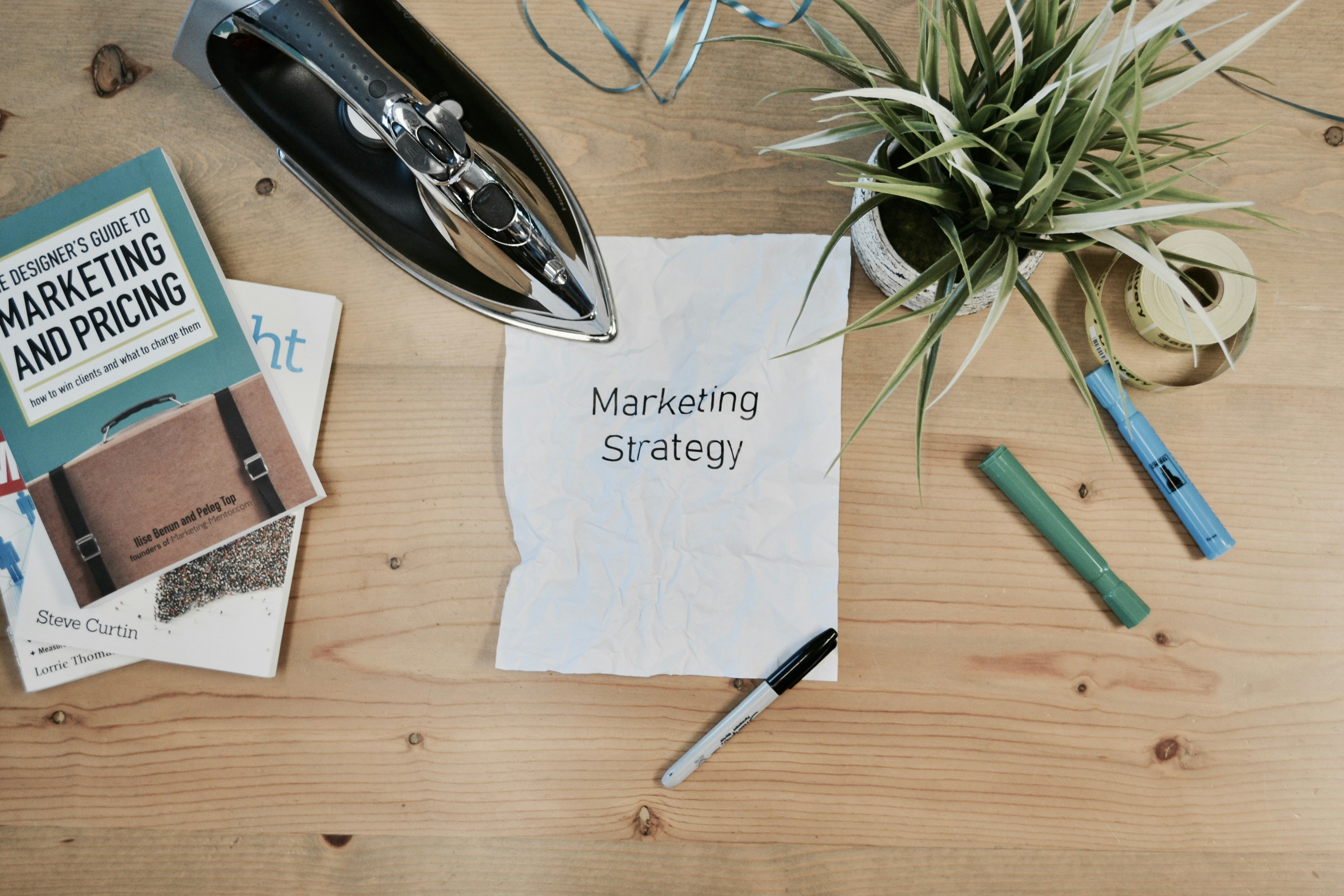Words: Belinda
Looking back on the digital marketing trends of the past year, it’s apparent that innovation and adaptability changed the way brands delivered campaigns. Five major trends emerged that showed how brands are looking for new and more meaningful ways to connect with their audience.
We’re happy to say that these digital marketing trends will continue their dominance in the new year, allowing brands to deliver more personalised strategies that improve everything from engagement to ROI.
If you didn’t try these top 5 digital marketing trends in 2024, it’s not too late to give them a go in 2025. Believe us when we say that you can enhance your marketing strategy and social media marketing for both B2B and B2C, all while saving time and reducing stress by following these trends.
Generative AI
Generative AI undoubtedly claimed the number one spot in 2024, transforming nearly every aspect of digital marketing. From content creation to campaign analysis and personalisation, AI became an indispensable tool for marketers seeking efficiency and precision.
UK fashion e-commerce brand ASOS has taken the lead in embracing AI to personalise shoppers’ emails. Emailing customers tailored product recommendations based on their preferences and behaviours, and by using the recipient’s name in the subject line. These actions have increased ASOS’ email open rates, engagement, loyalty, and sales.
Video-first content strategies
You would have noticed this trend, if not as a digital marketer, then definitely as a consumer. Short-form video content on platforms like Instagram Reels, YouTube Shorts, and TikTok became more popular than ever. With brands creating short and effective content that highlighted the benefits of their products.
Little wonder that 44% of digital marketers said that short-form video was their number one content marketing format. With massive increases in engagement and reach, this is a trend that anyone with a smartphone, a good eye, and an ability to understand trending audios and hashtags can embrace.
Product demo videos on LinkedIn also gained traction, allowing B2B brands to effectively showcase their solutions to top-quality leads. Filmed product demos, whether at trade shows or on-site, are a powerful way of showing customers how products solve real-world problems. Brands can take advantage of this by pointing the audience to a dedicated landing page, with contact details, to drive leads and conversions.
Micro-influencers
In 2024, big-name influencers were swapped for micro- and nano-influencers for brands in both the B2B and B2C spaces. Niched Key Opinion Leaders (KOLs) bring highly engaged audiences, helping brands build trust and authenticity.
Influencer marketing shows no sign of slowing down, with 86% of digital marketers agreeing that influencer marketing was effective for their brand.
And don’t underestimate the smaller influencers: one in four social media users purchased a product based on an influencer’s recommendation this year, up 33% from the previous year.
Discover how to find the best influencer for your brand here.
AI-powered search optimisation
As AI-generated search results became more common, digital marketers adapted their strategies to optimise content. By creating high-quality, comprehensive content that directly answers user queries using natural language rather than formal, technical jargon, AI-powered search engines can better understand the content, improving search results’ visibility.
This approach improved visibility in AI-driven search results and enhanced the overall user experience. Marketers began structuring content to be easily summarised by AI, increasing the chances of appearing in AI Overviews and featured snippets.
Social commerce integration
Brands took advantage of improved app functionality on social media platforms to evolve into e-commerce platforms, especially on Instagram, to sell to their audience in a seamless way.
Australian fashion and lifestyle retailer The Iconic did this particularly well in 2024. Using Instagram Shopping features to showcase their products, the brand allowed customers to discover and purchase items directly through the app. Using product tags in their posts and branded hashtags for promotions, The Iconic transformed its Instagram feed into a highly engaging and shoppable platform.
Social commerce integration can boost sales while improving customer engagement and loyalty. This convenience reduces friction in the buying process, as customers no longer need to navigate away from their social feeds to complete a transaction.
The digital marketing landscape of 2024 was marked by innovation, personalisation and the strategic use of emerging technologies. Brands that embraced these trends significantly improved engagement, ROI and customer loyalty.
These strategies will continue to rise in 2025, allowing brands to connect with their audiences in meaningful and impactful ways. As long as digital marketers continue to stay up to date with new strategies, brands will reap the rewards.
The Bubble Co. is a full-service digital marketing agency in Sydney with clients across Australia and the globe. Speak to us about how we can help your brand increase engagement.




